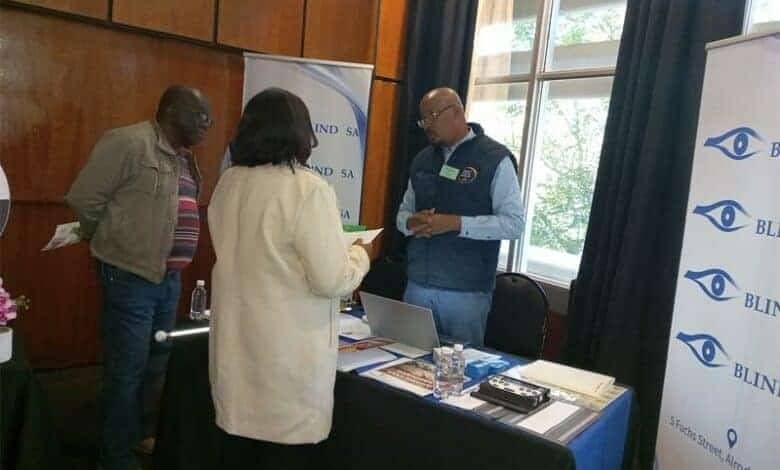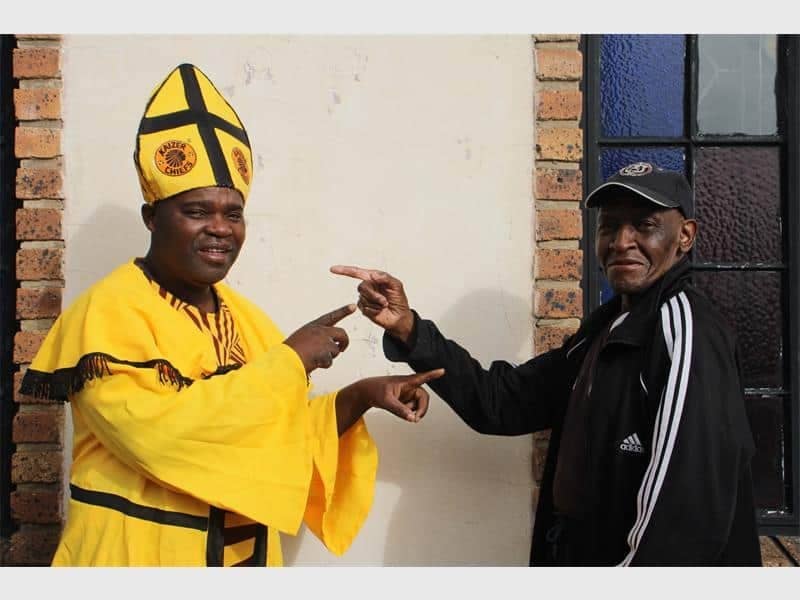As the world marks the bicentenary of Braille, Blind SA is proudly honouring the legacy and transformative power of this tactile system with a renewed call for inclusivity, literacy, and technological innovation for people with visual impairments across South Africa.
Founded in 1946, Blind SA has long championed Braille as more than just a reading and writing tool but advocated for it as a vital instrument for independence, education, and equality.
With deep historical roots and a progressive outlook, the organisation remains at the forefront of Braille advocacy, education, and production in the country.
The Brialle manager at Blind SA, Ofentse Manyane, said that Braille is not a relic of the past but it’s a bridge to the future.
“It empowers individuals to access information, engage with their communities, and live independent, meaningful lives. As we commemorate 200 years of Braille, we at Blind SA remain steadfast in our mission to make this invaluable tool accessible to all,” Ofentse said.
Empowering through literacy and innovation
Blind SA has long recognised literacy as a fundamental human right.
Through its Braille Services department, established in 1953, the organisation produces accessible content in all eleven official South African languages. Their offerings include Braille, large print, audio formats, tactile graphics, and even 3D models.
“From accredited training programmes in Unified Braille Code to foundational tutorials offered to staff and interns, Blind SA’s education initiatives aim to foster widespread Braille literacy. In the last financial year alone, the organisation trained more than 85 individuals, including educators, to further embed Braille in learning environments,” Ofentse explained.
The organisation is also piloting an innovative project in partnership with the Lego Foundation and the University of Cape Town to bring Lego Braille Bricks into special schools.

This playful yet powerful approach aims to ignite love for literacy from a young age, with promising early results and potential for national expansion.
Ensuring access and equity
Blind SA’s production team of 21 dedicated staff members transcribes an array of materials from examination papers to restaurant menus into Braille, subsidising 99% of costs for blind individuals.
Its commitment to making Braille affordable and available extends to publishing regular free publications such as Braillorama, The Trumpet, and the Blind SA Newsletter.
Recognising the digital shift in information access, Blind SA also maintains one of South Africa’s largest online libraries for visually impaired users. The Blind SA Bookshare service offers audiobooks, digital Braille, and large print files to over 700 members, providing an essential gateway to both leisure and academic resources.
Preserving the past, embracing the future
The Antoinette Botha Braille Museum, housed at Blind SA headquarters in Alrode, pays tribute to the tactile code’s legacy through an impressive collection of historical Braille writing machines, modern embossers, tactile maps, and assistive technologies.
The museum is a testament to the enduring relevance of Braille and its ongoing evolution in a digital world.
As the nation reflects on 200 years since Louis Braille introduced the system that bears his name, Blind SA continues to raise awareness through public engagement, educational outreach, and community collaboration.
Plans for online Braille training initiatives in the upcoming financial year promise to expand their reach even further.
“Braille is the heartbeat of Blind SA’s mission. Its vitality lies in every touch and our work is dedicated to ensuring that this vital tool remains accessible and alive for generations to come,” Ofentse concluded.
At Caxton, we employ humans to generate daily fresh news, not AI intervention. Happy reading!
Stay in the know. Download the Caxton Local News Network App here.


